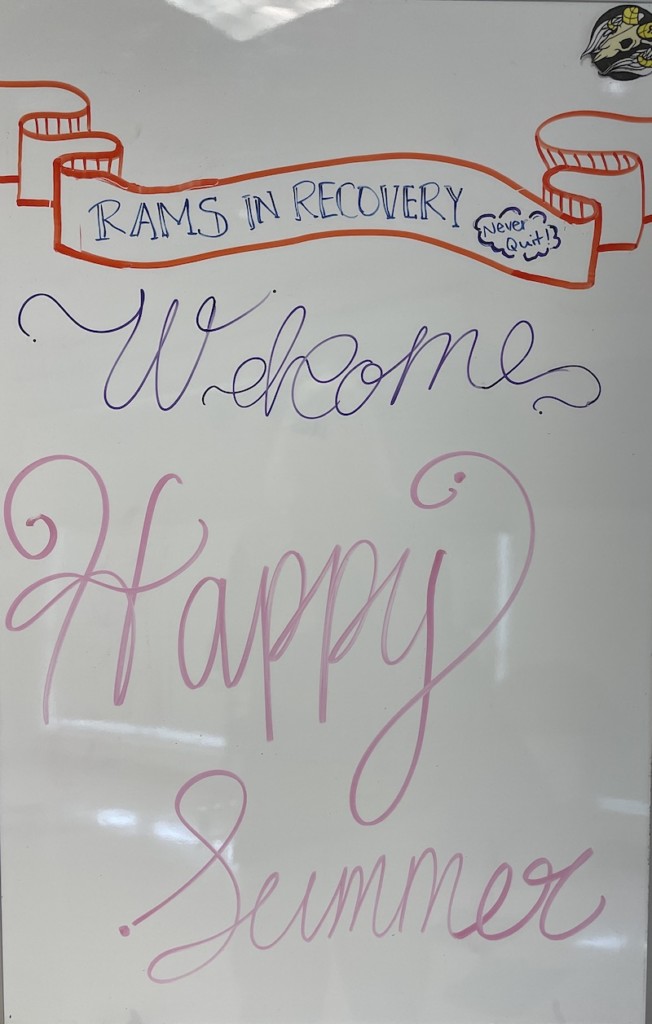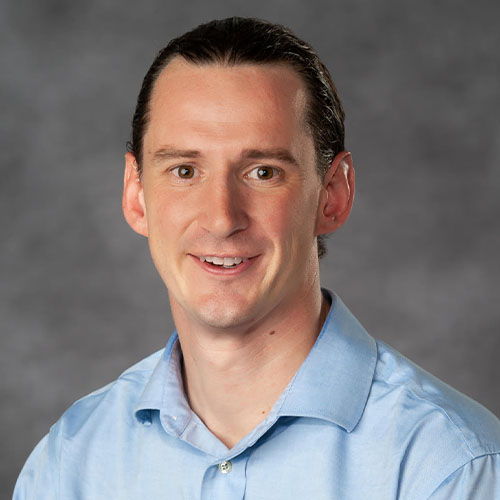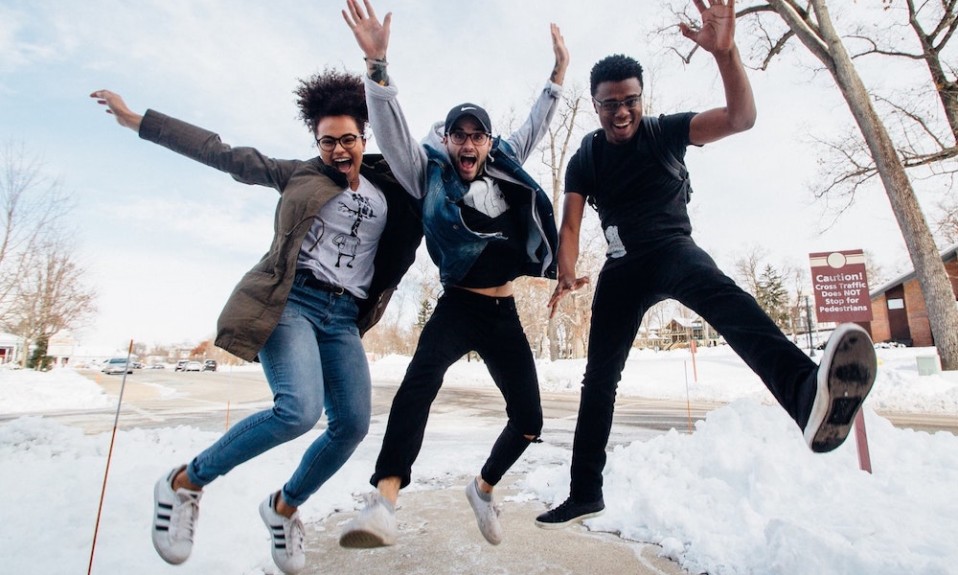Collegiate recovery programs continue to grow in number for a simple reason: They work
By Alison Jones Webb
“This is why I’m able to do college,” Nicole says. She’s a senior at Virginia Commonwealth University (VCU) in Richmond, Va., and she’s describing Rams in Recovery, VCU’s collegiate recovery program (CRP).

“I applied to VCU because of its recovery program, and to one other university without any Greek life on campus.” She’s referring to colleges and universities with a heavy presence of fraternities and sororities and the party scene that often goes along with them. “I didn’t apply anywhere else. I got sober in high school, and I didn’t want to lose that.”
Rams in Recovery is among more than 140 collegiate programs in the U.S. that support students in recovery from substance use disorders and other addictions and who are seeking a degree in higher education. The Association of Recovery in Higher Education (ARHE) defines a collegiate recovery program as “a college- or university-provided program that includes a supportive environment within the campus culture. CRPs reinforce the decision to engage in a lifestyle of recovery from addiction/substance use disorder. It is designed to provide an educational opportunity alongside recovery supports to ensure that students do not have to sacrifice one for the other.”
CRPs typically provide dedicated meeting space for 12-step and other meetings, sober activities, leadership development, access to counseling services and vital peer support. Some universities also provide recovery housing options as part of their CRPs.
The VCU Influence
Thomas Bannard is the program coordinator for Rams in Recovery, and he’s also a driving force of collegiate recovery programs in Virginia. “I benefited from the collegiate recovery program at UVA [University of Virginia] in my last semester as a senior, after returning to campus from treatment, and I started volunteering at VCU a few years later in 2013.”
Volunteer work turned into a full-time job for Bannard. VCU was the first university in the state to fund full-time staff and space dedicated to the program. Since VCU had the biggest and best-funded CRP in the state, the Virginia Department of Behavioral Health and Developmental Services (DBHDS) approached the school to spearhead an expansion of CRPs in the state through recent State Opioid Response federal funding. VCU now acts as a hub for the seven other CRPs in Virginia and provides technical assistance and grants to other schools. VCU also uses the funds to host state meetings and student retreats.

What are the keys to VCU’s success? According to Bannard, many of the university’s 32,000 students are nontraditional. “The student body is older, with diverse recovery experiences. Traditional-aged students can only have so much recovery experience, but with students of all ages, we have intergenerational connection and support.” In addition to students of all ages, people from the community in Richmond, as well as staff and some faculty, attend meetings on campus. Richmond is by all accounts a “recovery town,” with more than 60 recovery residences and myriad other recovery support services. “So, we had some tailwind as we developed the program,” Bannard says.
“Recovery is a hidden identity, and that makes it hard for people in recovery to find each other,” he adds. “Collegiate recovery is all about community and connection and identity, so the dedicated space we got in 2016 is especially important. It’s how people ‘find each other.’ It’s also how they develop a new identity in recovery.” The Rams Clubhouse—with a large gathering space, kitchen, offices and numerous small rooms for meetings, doing schoolwork and just hanging out—hosts meetings for around 10,000 people annually.
As Rams in Recovery continued to grow, the team considered more depth of engagement and academic strength in their services. VCU, with support from DBHDS, started a Scholars Program, in which participating students receive a $500 scholarship for their studies if they participate in a weekly seminar on various topics related to addiction and recovery. In 2019, the program had 25 students. In 2020, partly in response to COVID pandemic conditions, the Scholars Program pivoted to allow any student from a nonprofit school in Virginia to participate. As they did this, they built capacity among graduate students and others to facilitate seminars, so that, for example, Virginia Tech now runs its own seminars. Last year, VCU and Virginia Tech had 85 participants in their recovery scholar programs.
A Research-based Solution
CRPs are grounded in recovery research showing the effectiveness of recovery housing, peer supports, access to continuing treatment and care, and mutual help groups. Researchers at VCU’s College Behavioral and Emotional Health Institute conducting the National Longitudinal Collegiate Recovery Survey have shown that students in CRPs attain a higher GPA than does the general college population. They also have higher GPAs than a comparison group of of people with high rates of substance use (defined as binge drinking and multiple drug/alcohol use/week), greater life satisfaction, lower anxiety and depression compared to the comparison group (but higher than overall general college population, especially for anxiety), and far lower rates of substance use than the comparison group.
The impact of CRPs reaches far beyond the college years. Bannard thinks of CRPs as “building the bench” of the future recovery movement.
The team’s research has shown that more time engaged in recovery activities and a belief that CRP staff care about the student’s well-being impact reduced recurrences of use. Attending off-campus recovery meetings and a healthy therapeutic alliance (measured by the belief that CRP staff care about students’ well-being, that staff provide safe and welcoming environment, and that staff are effective role models) are correlated with an increase in recovery capital. Qualitative data reveals the importance of having a safe place to meet and get support from others in recovery, which gives students a sense of purpose and an opportunity for personal growth and professional opportunities.
The impact of CRPs reaches far beyond the college years. Bannard thinks of collegiate recovery programs as “building the bench” of the future recovery movement. “Well-trained students have a chance to explore their recovery identity at a formative time in their lives, and then they have a chance to take that into the world. We need this—a movement of students who go beyond the treatment profession.”
Top photo: Robert Bye













